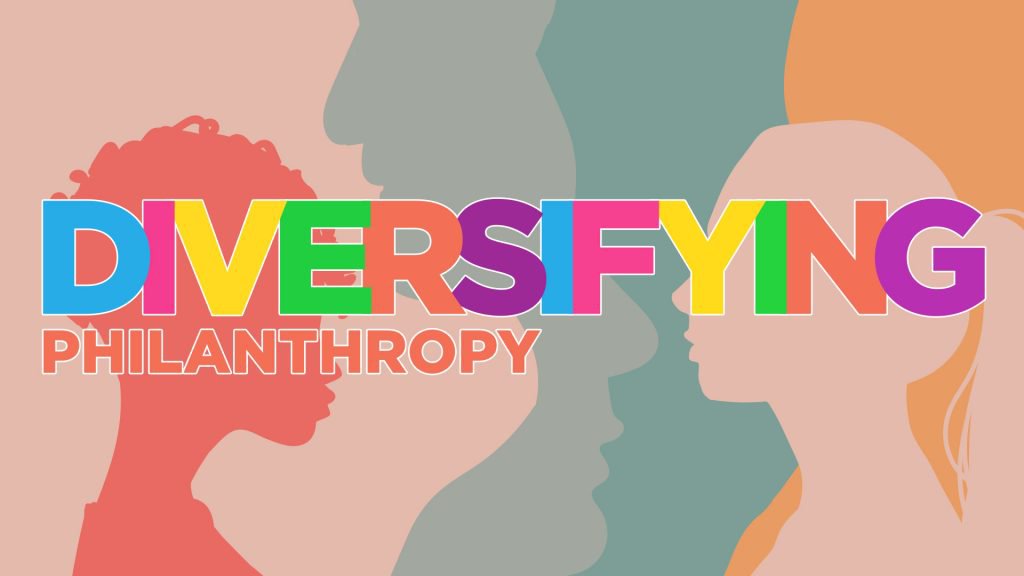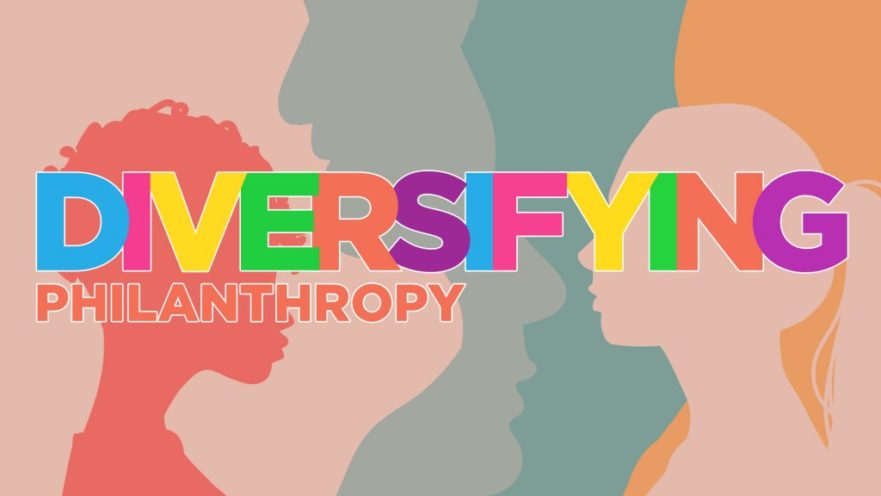
This article originally appeared on the Baltimore Community Foundation website.
As a young Black male growing up in a small, working-class neighborhood in Central Florida, I was taught the importance of giving back to the community. From watching my parents and grandparents tithe 10% of their incomes to our local church, to raising money for our Little League Baseball and Pop Warner Football teams, I realized that every family needed to pitch in if we wanted activities that would keep young people busy and out of trouble.
These experiences inspired me to go into financial services, and after graduating from Tuskegee University with a degree in finance, I was well equipped to discuss charitable giving with my clients. The conversations were easy to start because in Black families across the country, giving back is as familiar as sweet potato pie!
And yet, historically, black families have been overlooked and underserved when it comes to financial planning. I will forever be a student of the socioeconomics faced by African Americans. The one thing I have learned in my studies is that while Black families’ median wealth is just $24,100 according to the 2019 Federal Reserve Survey of Consumer Finances, compared to $188,200 for white families, the share of black charitable giving as a percentage of median wealth is significantly higher than average. A report from the Urban Institute’s Center on Nonprofits and Philanthropy, shows between 2010 and 2016, of all racial and ethnic groups, Black families contributed the highest percentage of their median wealth to charity, at 8% in 2016. Key drivers for charitable donations are religious, community support and supporting educational opportunity.
One thing I stress with my clients is the value of diversifying the ways they give—both to maximize their financial benefits and to make the greatest impact. Most African Americans set aside a percentage of their income to support their favorite organizations. To truly have influence in long underserved and under-resourced communities, though, clients must think about giving in their lifetime and beyond. This is a universal truth for anyone who is passionate about leaving the world a better place for future generations.
A few tax-efficient giving strategies to explore include:
Qualified Charitable Distributions
For individuals aged 70½ and over, an otherwise taxable distribution of up to $100,000 from an IRA can be paid directly to a charity through a qualified charitable distribution (QCD). This is a win-win for the donor and the qualified charity. Not only does the charitable organization get a donation, but also the donor does not include this amount in income or pay tax on the distribution.
Donor-Advised Funds
Donor-advised funds (DAFs) have become popular since the Tax Cuts and Jobs Act of 2017 was enacted. A DAF is like a private foundation but without a lot of the administrative burden. An account is created with a sponsoring nonprofit organization like the Baltimore Community Foundation; a contribution is made; and then the organization takes control of the funds by managing the assets. The donor receives a tax deduction in the year of the contribution. The donor then advises the sponsoring organization as to which charitable organizations should receive the donation and when.
Estate Planning
You can also use a will to designate a bequest for specific charities. Naming a charity as the beneficiary in your will is one of the simplest ways to donate to charity through estate planning. I serve as a director on several nonprofit boards in Baltimore, and one recently received a bequest of more than $500,000 from a deceased donor who had given only a few small donations several years ago. With planning like this, a client can support the causes they care deeply about well beyond their lifetime.
Charitable giving is vital to Baltimore and in neighborhoods across the country where organizations and activities, like the ones I had access to growing up, can change a young person’s trajectory. Our country is only as strong as our most vulnerable communities. I am proud to help so many diverse individuals, families, and businesses align their financial and philanthropic goals, so they can make a difference. I am also proud to partner with the Baltimore Community Foundation as a member of the Professional Advisor Recognition Society and as a member of the organization’s Investment Committee, ensuring it remains a permanent philanthropic resource for our region.






